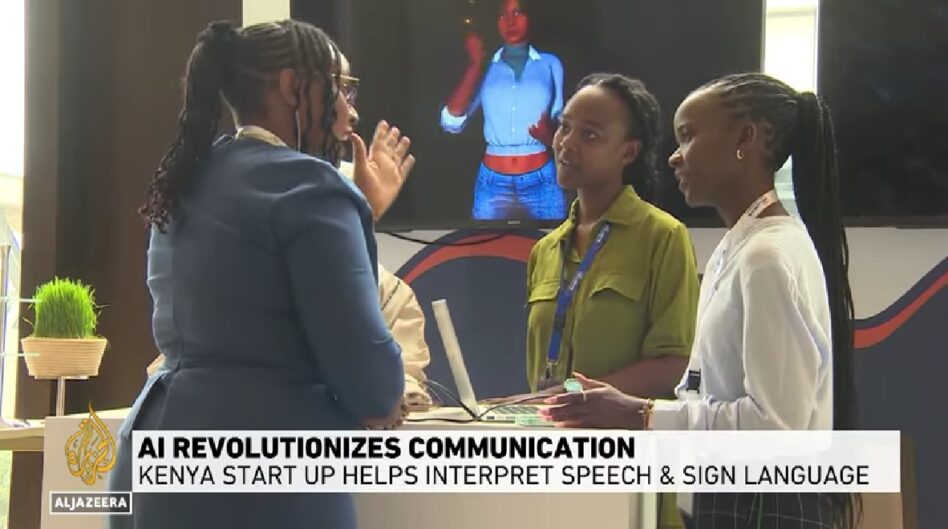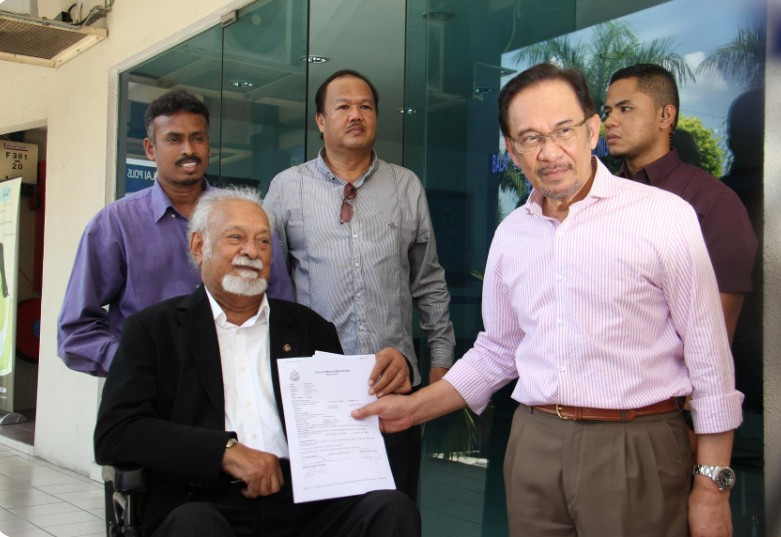By Alan Pryor
THE Malaysian Government must continue to enhance more active engagement with the business events industry in order to advance mutual economic recovery goals and strategies to elevate the country’s destination proposition to emerge as the regional leader as part of its COVID-19 recovery plan and to revive the business events (BE) sector.
In a recent sentiment sweep conducted by the Business Events Council Malaysia (BECM) to understand the current state of Malaysian venues since the pandemic began in 2020, it was found that due to inability to operate, 100% of the venues experienced at least a dramatic 85% decrease in total events.
This resulted in a minimum of 75% plunge in overall 2020 revenue compared to the previous year, sparking major financial challenges surrounding employee wages, building utility and maintenance payments.

As the collective voice of the country’s business event industry, we are actively reaching out to the Government to maintain a more consistent communication channel to discuss how venues and the industry can help the Government rehabilitate the country’s economy.
2020 was a tragic year for the industry and it continues to be so as the industry is unable to operate in line with Government restrictions.
With vaccines finally coming within reach – giving way to herd immunity – we are hopeful of putting the uncertainties behind us with a pent up demand for meetings, conferences and business events.
In a 2018 report by the Malaysia Convention and Exhibitions Bureau, the Business Events industry was expected to contribute RM3.9 bil in the incremental of gross national income (GNI), thus providing about 16,700 jobs by 2020.
The venue sector alone employs thousands and as a primary player in its supply chain, its closures impact heavily on the rest of the supply chain – from hotels, destination management companies and tour operators to stand builders, contractors, retails, local produce suppliers, and part-time employment.
This has had a major impact on the overall revenue contribution to the national economy generated through the business events supply chain.
According to a press release by the Kuala Lumpur Convention Centre, in 2019 alone the premier purpose-built venue conducted over 1,500 meetings and events welcoming over one million delegates and visitors, generating an estimated economic impact of almost RM1 bil.
Meetings and events were allowed to operate for a few short months in 2020 which saw the development of comprehensive new norm standard operating procedures (SOPs), successful execution of events through thorough and strict enforcement of the health and safety guidelines with venues investing in innovation and creation to expand their product and service range and diversifying business revenue, before the nation retreated into yet another strict lockdown.
The current restriction on inter-state travel and banning of meetings and gatherings has pushed the industry supply chain into further dire conditions with a constant struggle for survival.
Convention centres are an important social and economic infrastructure assets, elevating Malaysia’s competitiveness and its profile globally.
Venues are more than just event space; they are a vital platform to deliver dialogue, commercial activity and business engagement.
They are integral to a city’s growth and development, as an infrastructure asset to a city, a key economic driver to its trade, commerce, academia and social prosperity, ultimately leading to a country’s collective progress.
Meetings, exhibitions and events, being an effective means of attracting world leaders and decision makers for intellectual and financial capital investments, are platforms used by the private and public sectors to promote local innovation expertise and exports to the global audience and provide professional development opportunities for Malaysians.
Last year, in cooperation with the Government, we have demonstrated a safe and controlled manner to conduct events by strict adherence to standard operating procedures (SOPs), championed by venues and supported by organisers.
We plead with the Government to place the same level of confidence in the industry again, allowing us to operate in a phased approach, in an effort to stimulate our cities and local businesses, economically. – Feb 22, 2021
Alan Pryor is chairman of the Business Events Council Malaysia (BECM) and general manager of the Kuala Lumpur Convention Centre (KLCC)
The views expressed are solely of the author and do not necessarily reflect those of Focus Malaysia.









